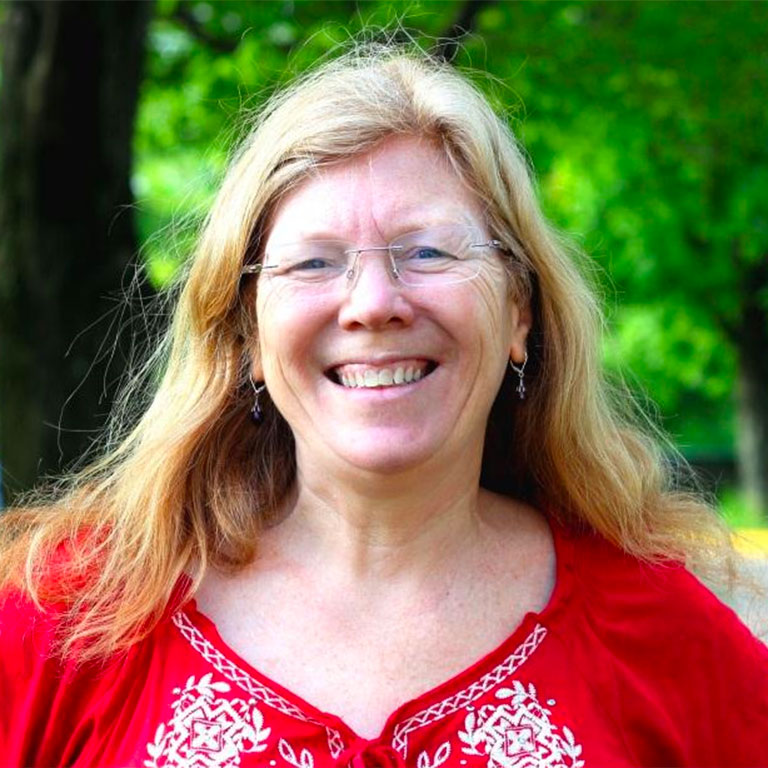- Departments/Offices:
- Counseling and Educational Psychology
- Academic Programs:
- Inquiry Methodology
Where does your international research/engagement take place?
Uganda
Please briefly describe your research/activity
We are building local research capacity, conducting research with children on peace and experiences with peace and violence, developing programs in peace and social justice counseling, decolonizing psychology and curriculum.
Why does your research/activity matter?
Big picture: It matters that wealthy nations, and nations involved in taking resources from Africa bring wealth back to Africa and support sustainable capacity building through education.
Local picture: Uganda has a history of violence and psychology/counseling are potential avenues for addressing the violence. Local knowledge can be leveraged through inquiry and education to build sustainable local approaches to peace and non-violence in an authoritarian state.
For me: Fosters decolo methods.
What led you to this research/activity?
I was invited in by my colleague, Dr. Chalmer Thompson. I have long been interested in decolonizing efforts and anti-racist work. I think the world owes much to Africa and should be actively involved in the African diaspora reconciliation and resilience.
What problem do you hope this research/activity will solve/what are your hopes for this work?
Most importantly I hope to shepherd, steward, and serve my Ugandan colleagues in their efforts to use inquiry to solve local concerns and to better understand violence. My own intellectual interests center on anti-racist reformulations of social science (whose long historical arm has been problematically racist) toward participatory activist scholarship that reconstructs epistemological and ethical foundations.
How will your work create change for the better?
It opens opportunities for anti-racist, non-violent, and decolonized epistemological understandings. It serves the people of Uganda in tangible, self-directed ways.


